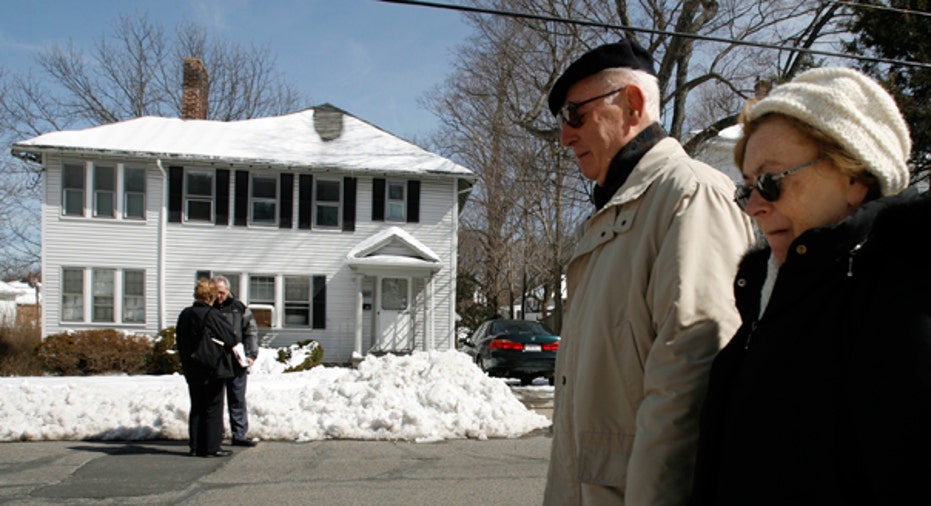Expensive Surprise With Reverse Mortgage

Dear Dr. Don,
When I applied for a reverse mortgage in May 2013, my home was appraised at $252,000. I had a mortgage balance of about $142,963. After all of the paperwork was signed, I received $9,497. The total amount of the loan was $152,460. Within six months, the loan ballooned to $162,000, with interest totaling about $2,557 along with a mortgage insurance premium for $6,129. Is this some kind of predatory loan? Is there some way I can get out of this loan?
Thank you for your help,
- Grandpa Grumbles
Dear Grandpa,
First, review your loan documents and statements to see how the current loan balance was created. One-time upfront costs could have increased the balance. I'd like to know more about why you sought a reverse mortgage in the first place. We can look at what unwinding the mortgage might mean for your finances.
I'm going to assume that you have a Home Equity Conversion Mortgage, or HECM, or an HECM Saver mortgage. I'm surprised that a counselor didn't walk you through this during a mandatory counseling session before you took out the reverse mortgage. If you received $152,460 from the reverse mortgage and didn't pay the upfront mortgage insurance premium at closing, the current mortgage balance shouldn't shock you. It can be an expensive way to unlock equity in your home, but it's not predatory lending.
A reverse mortgage doesn't have any mandatory monthly loan payments. Instead, interest and fees are capitalized, or added, to the loan balance. You only got a fraction of what the house is worth because the first use of the proceeds on a reverse mortgage is to pay off an outstanding mortgage loan.
The mortgage insurance premium costs vary depending on whether the loan is an HECM (a standard loan) or an HECM Saver loan, which is designed to decrease the upfront premium by reducing the amount borrowed. Both loans have the same percentage annual mortgage insurance premium cost. It is also likely that you paid a loan origination cost. The latter should have cost no more than $4,520.
There's a way out of all of this, but it's expensive. You could take out a conventional or Federal Housing Administration mortgage, and make monthly mortgage payments on the new loan balance. At issue is whether you have the income and credit history to qualify for the mortgage. You could also sell the house, but that has its own set of costs and you'd have to find a new place to live.
The HECM Saver fact sheet offers some hope on the issue of the mortgage insurance premium. It says "FHA does not refund the initial mortgage insurance premium for any type of refinance transaction. Homeowners may receive a credit for the amount of initial mortgage insurance premium previously paid on an active FHA-insured HECM loan to reduce the amount due on the new refinance loan."
Get more news, money-saving tips and expert advice by signing up for a free Bankrate newsletter.
Ask the adviser
To ask a question of Dr. Don, go to the "Ask the Experts" page and select one of these topics: "Financing a home," "Saving and Investing" or "Money." Read more Dr. Don columns for additional personal finance advice.
Bankrate's content, including the guidance of its advice-and-expert columns and this website, is intended only to assist you with financial decisions. The content is broad in scope and does not consider your personal financial situation. Bankrate recommends that you seek the advice of advisers who are fully aware of your individual circumstances before making any final decisions or implementing any financial strategy. Please remember that your use of this website is governed by Bankrate's Terms of Use.
Copyright 2014, Bankrate Inc.



















